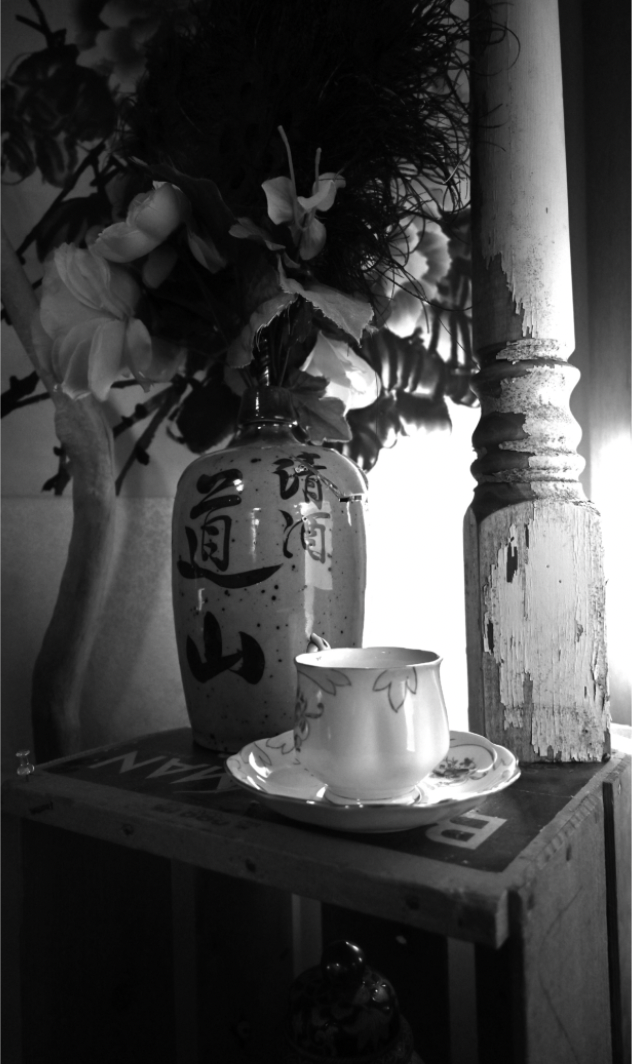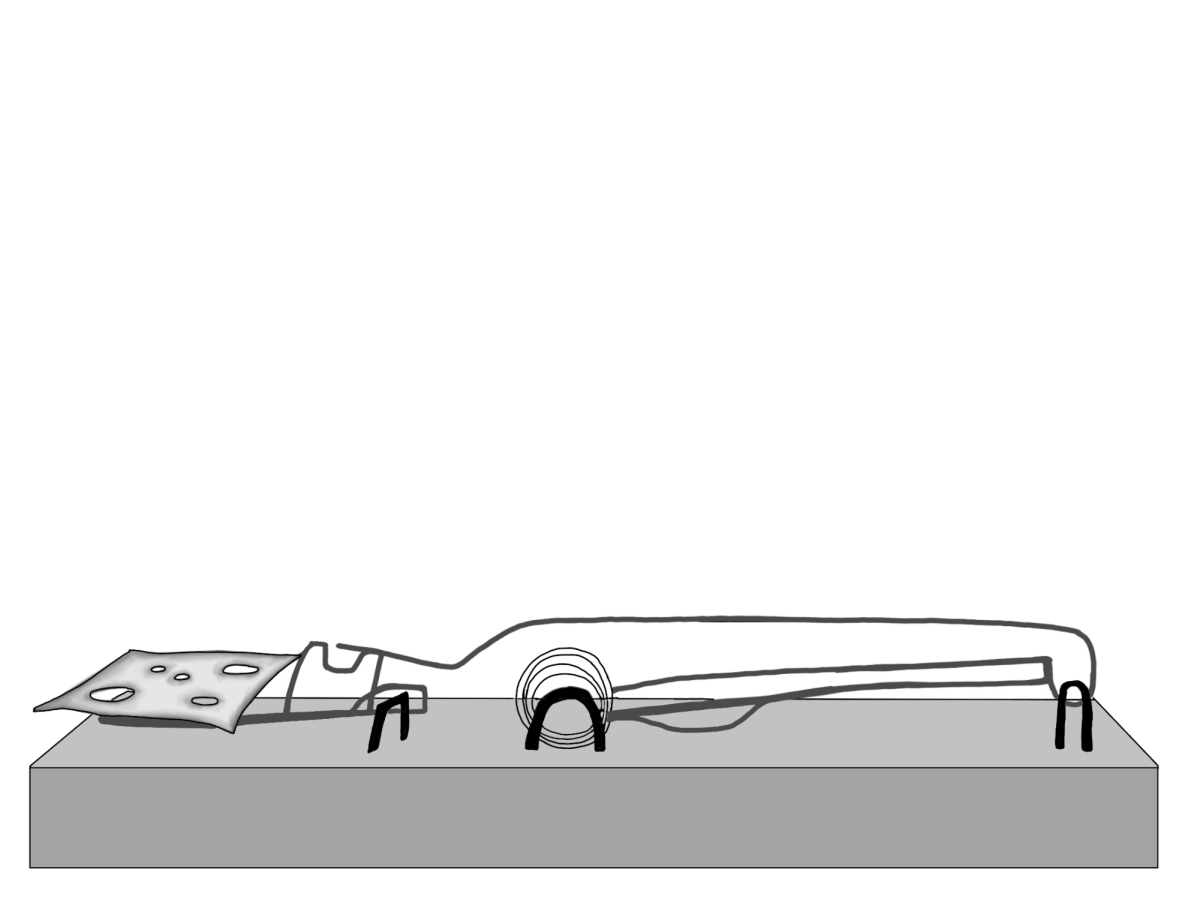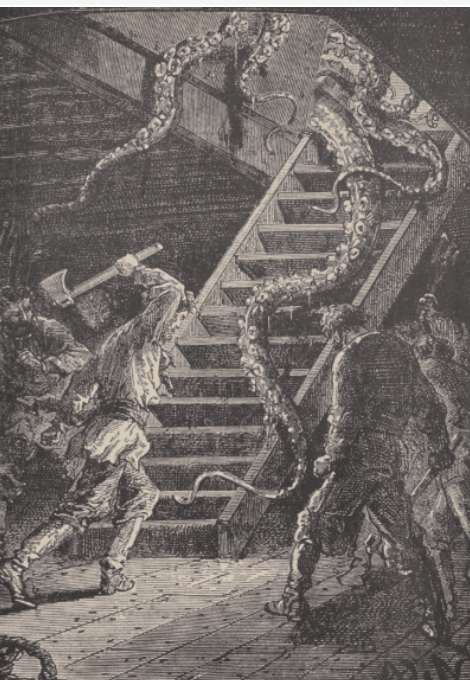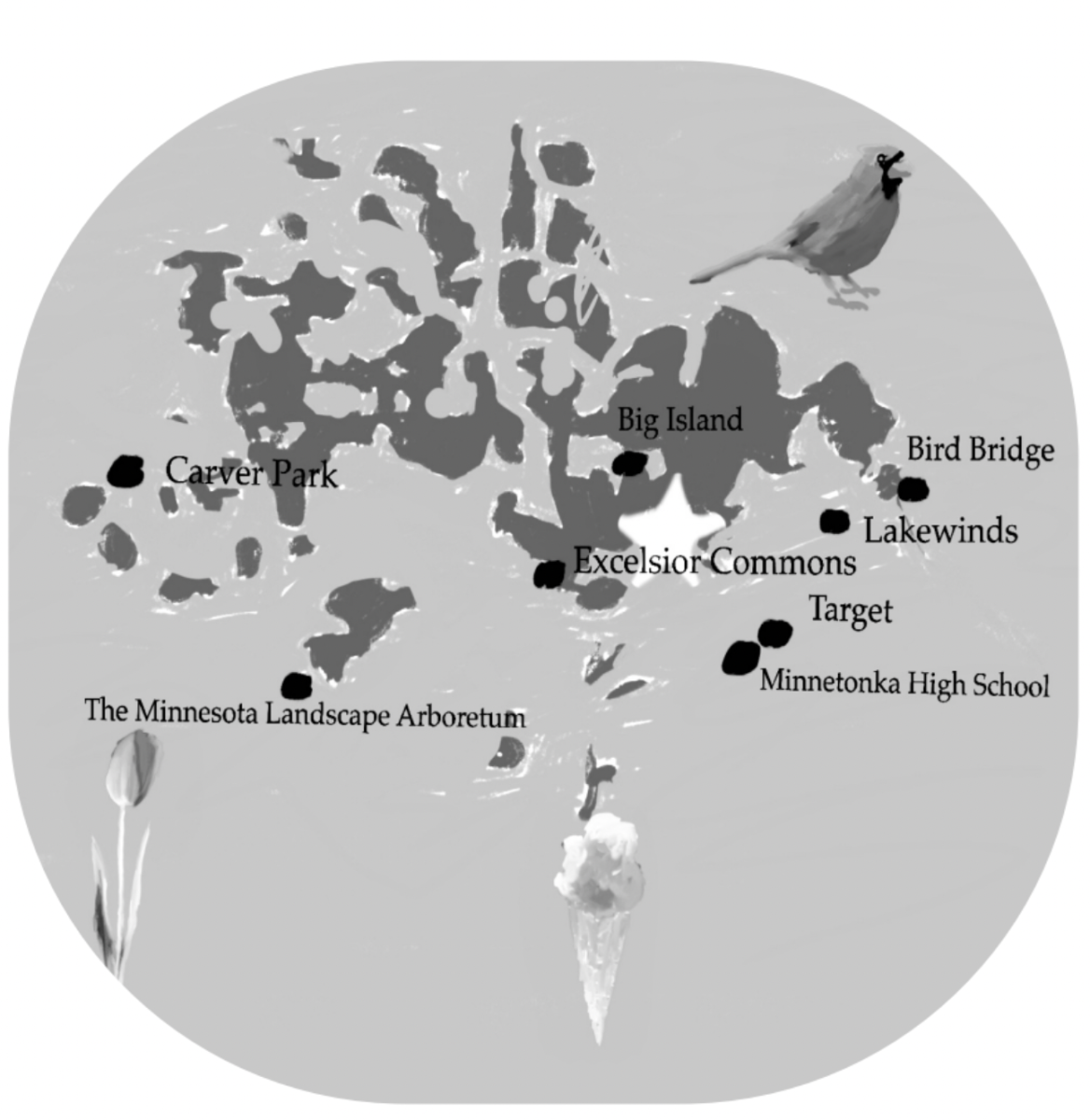Home Remedies for this Winter
December 22, 2020
Winter is filled with seasonal activities and cheer, which is why nothing is worse than catching a bad cold. It can linger for days or even weeks, putting a pause on your holiday preparations. It can feel like it will never go away.
Marianne Park, ‘24, shared the various ways she deals with colds. As a Korean-American, she has grown up with many traditional remedies that can be easily prepared at home in place of pharmacy medicine, such as baesuk—Korean steamed pears—yuja cha and a variety of soups.
A symptom Park most commonly experiences is a sore throat, for which she recommended baesuk. Baesuk is prepared by slicing some Asian pears in half and removing their seeds, so that a small indent remains where a bit of honey is poured. The pears are then left to steam for a few hours; once steamed, the warm honey, mixed with the juice from the pear, can be drunk as a way to soothe the throat. Park usually takes it before bed.
“It’s good for your body and also good for picky eaters,” she said.
When asked about the difficulty level of preparing baesuk, Park said, “It’s definitely something that takes time, but it’s pretty simple. My mom usually helps me with everything, since when you’re sick you normally need help doing a lot of things.”
She mentioned how important it is to keep your body warm when sick. The warm juice and honey in baesuk does this perfectly.
Growing up, she often opted for a combination of home remedies and over-the-counter medicine, but was aware that taking medicine is not always the best way to treat a cold.
“It’s a good alternative if you’re not a fan of medicine that’s very bitter,” she said. “Especially for little kids, if they’re having a hard time taking pills or something, it’s a good alternative.” Park also added that “It’s also really good for your health other than getting rid of your symptoms.”
Finally, Park talked about the benefits of other home remedies. Bean sprout soup, chicken soup with ginseng and rice porridge are all good for warming up the body, and the bean sprout soup is rich in Vitamin C, which is important to consume when sick.
Similarly, yuja cha—a tea made with yuzu marmalade—contains a plentiful amount of Vitamin C from the citrus fruit it is made of.
An article on the benefits and drawbacks of prescription medicine by the FDA warns that “The risks of medicines are the chances that something unwanted or unexpected could happen to you when you use them. Risks could be less serious things, such as an upset stomach, or more serious things, such as liver damage.”
Home remedies are an easy, effective and more enjoyable way to counter sickness. This winter, rather than heading to the pharmacy to pick up cold medicine, consider steaming some baesuk instead.

























